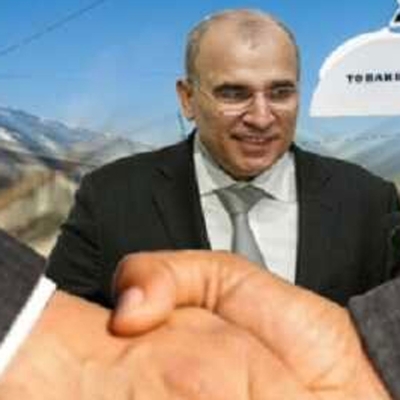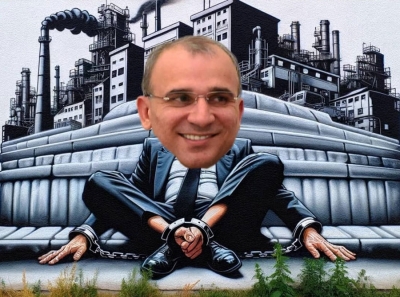How to respond to Italy’s migration crisis?
The Italian government has declared a six-month national state of emergency, citing an increase in the number of migrants arriving in the country. During this period Giorgia Meloni’s government will be able to push through measures without involving parliament, including her initiative aimed at increasing the number and capacity of reception and deportation centres. Rome is also demanding more support from the EU. Europe’s press discusses how to proceed.
On the path to barbarity
The state of emergency could be abused, Avvenire fears:
“The government points out that the number of arrivals is far higher than in the past. And it explains that the state of emergency can be used to speed up entry rejections. However, those involved in migrant reception fear that the state of emergency could be used to speed up deportations without taking into account the legal status or the humanitarian situation of those who have arrived in Italy fleeing war, hunger, persecution or severe discrimination.”
Giorgia Meloni showing her true colours
La Repubblica rails:
“Giorgia Meloni’s troubled relationship with anything related to immigration is now shedding a little more light on the new Italian leader’s political agenda. ... The reason she has declared a national state of emergency is the sharp rise in the number of people trying to cross the sea, also from North African countries that were not previously included in the network of travel routes. But declaring a ‘state of emergency’ means tightening all measures, paving the way for arbitrary action by local authorities, accelerating interventions even in uncertain cases and interpreting any sign of change as a threat.”
Italy needs the EU’s help
Meloni’s measure calls for a coordinated response, stresses Marc Beise, Italy correspondent for the Süddeutsche Zeitung:
“Meloni’s decree is also a signal to Europe that Italy needs help. The EU Commission will now examine Italy’s emergency plan. And that’s a good thing because Brussels has no choice but to devote more attention to the situation than it has done so far. Massive joint efforts are now needed to prevent the situation from escalating: in Brussels, in Italy, in Tunisia, where hundreds of thousands are waiting to cross the border, and also in the many other countries from which the refugees are coming. There is no time to lose.”
It’s all show
De Volkskrant correspondent Rosa van Gool is deeply dismissive:
“Pointing the finger at Brussels is a standard component of the ritual dance in Italy’s deadlocked migration policy. Besides, it’s highly questionable just how justified the calls for help really are. Although there are a lot of people arriving in Italy, many refugees travel on without registering there. ... What’s more, it’s an open secret that the illegal migrants who remain in Italy often end up working on farms picking tomatoes or lettuce for pitiful wages that no Italian would accept. Without illegal migrants, part of the Italian economy would collapse.”
Obstacle to EU pact
Spain will have a hard time making progress towards a European solution during its EU presidency which starts in July, fears El Español:
“Giorgia Meloni’s provocation is by no means trivial. Her declaration of a state of emergency not only violates the fundamental rights of migrants. ... Mass raids, emergency expulsions and the setting up of ad hoc detention centres also violate EU law. ... Next week, the European Parliament is due to approve its final report on the New Pact on Migration and Asylum. Pedro Sánchez travelled to Rome a week ago to make a pact with Meloni on this very text. ... If Italy was supposed to be Spain’s key partner in achieving such important common legislation, then our EU presidency is in trouble before it has even started.”









